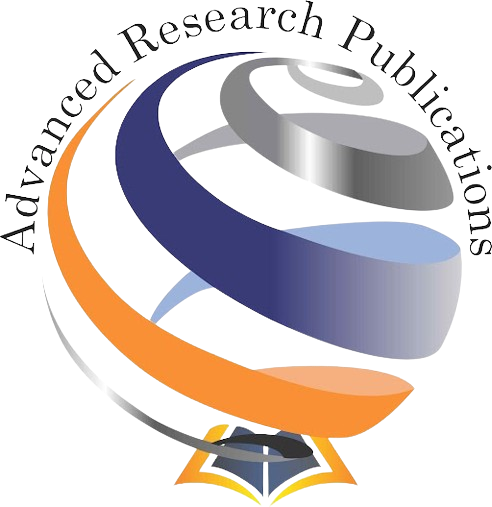With the rise of COVID-19 emergencies, prediction models, treatments, recommendations are emerging, each promising to be the last respite. Uncertainty looms large everywhere creating panic as well as an unquenchable thirst for knowledge to keep safe. All open access journals are publishing research on COVID 19.
COVID 19: A Pandemic of Information!
What do you do first in the morning since the outbreak of COVID 19? Don’t you also view the latest information on the pandemic? However, with the plethora of knowledge available over the Internet and self-proclaimed experts, who and what do we trust. How do we decide which of the information is really true and coming from a competent source? How do we deselect unwanted, unauthentic knowledge sources? Everyone seems to be in the race to fulfill the need of pressing human need of knowledge in the wake of the global pandemic. Even those, who are experts in a different field are now trying to trespass the arena belonging to medical experts only. This epistemic trespassing is continuously increasing the stress and making people grope in the dark. Most of the researches published in open access journals have special issues dedicated solely to COVID 19.
We are witnessing an unprecedented surge of information in the time of the unprecedented pandemic. Every month, researches predict dates for flattening the curve and the end of corona based on a variety of models. A study in a Singapore university claimed the COVID-19 outbreak may end in India by May 21. We are well past the date.
Another date given was July 25. We are nowhere near witnessing the end of the corona till date. Another prediction was that there may be 300 to 500 million active cases in India by end-July. And the variety of cures being floated over the media is amazing. Everyone seems to be suggesting herbal remedies, and even wonder drugs, to improve immunity. Though this trespassing may have arisen with the best motives, best judgments need more than this.
Asking questions is imperative to separate genuine from bogus. What is the field of knowledge your interest lies in? Is the source of knowledge relevant to the information you are seeking? Do many sources claim the same information? Did a number of experts involve in gathering information? It is better to establish credibility before trusting any source. Basing your judgments on your prudence you can find really useful knowledge.
The human mind is susceptible to believing a written word. However, you don’t believe everything that you read. Do you? But, how would you sieve out misinformation and keep the best of knowledge? Peer-Reviewed Journal may be an answer.
Experts leave a trail as they know the peculiarities to make better judgments and recommendations while realizing their limitations. Years of hard work is required before one becomes an expert. Lack of training in relevant subjects makes one a trespasser. If one collaborates with experts in the subject matter, misinformation can be brought to a minimum. However, the growing number of trespassers in the current epidemiology makes it difficult to fathom the real expertise.
What can we, as a publisher, do to ensure the information that is not genuine is filtered out and only the best remains? The publishers of quality research follow a policy of peer review before accepting an article for review. Peer-Reviewed Journals develop an Editorial Board of subject matter experts to judge every part of information so that only the evidence-based, reliable, and relevant information reaches the readers. Amid COVID 19 threat, when research has so much impact on society and policies, it has become imperative to assess the quality and filter the misleading information. That’s why ADR Publications’ peer-reviewed journals maintain quality and have distinguished Editorial Boards to silence the cacophony and publish for those who seek real pearls of scientific innovation.
Find more evidenced-based research from Advanced Research publications HERE.

